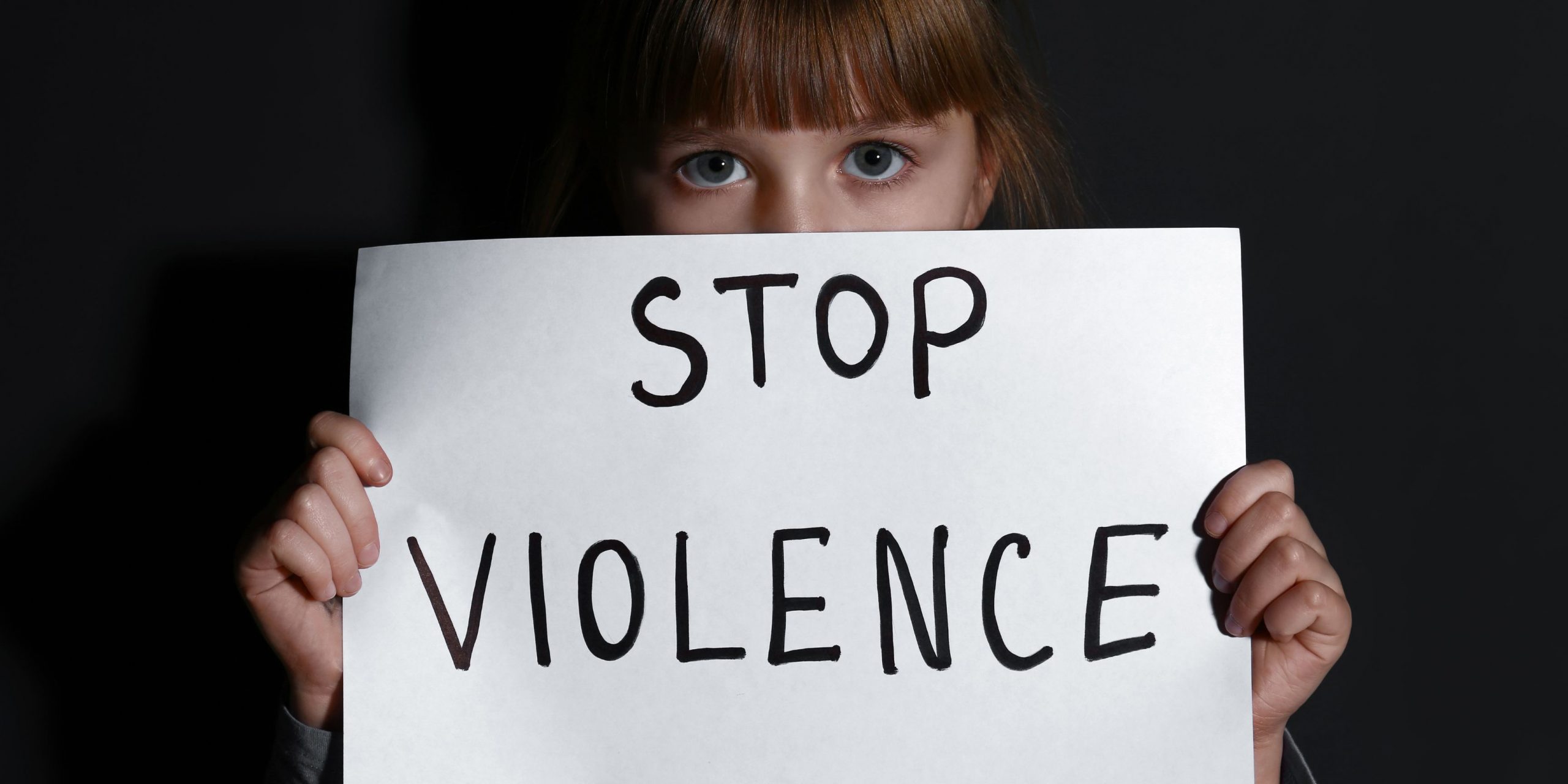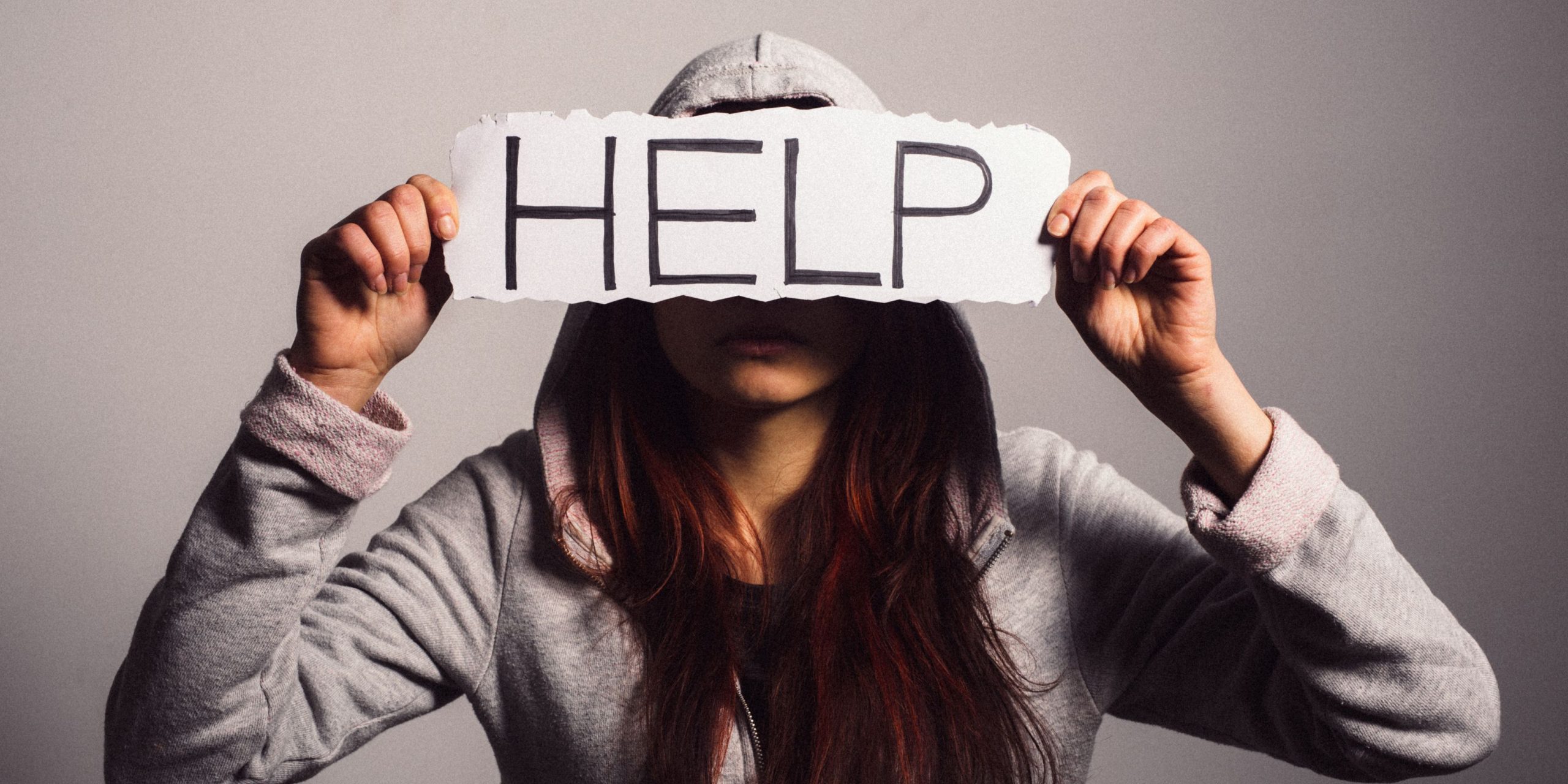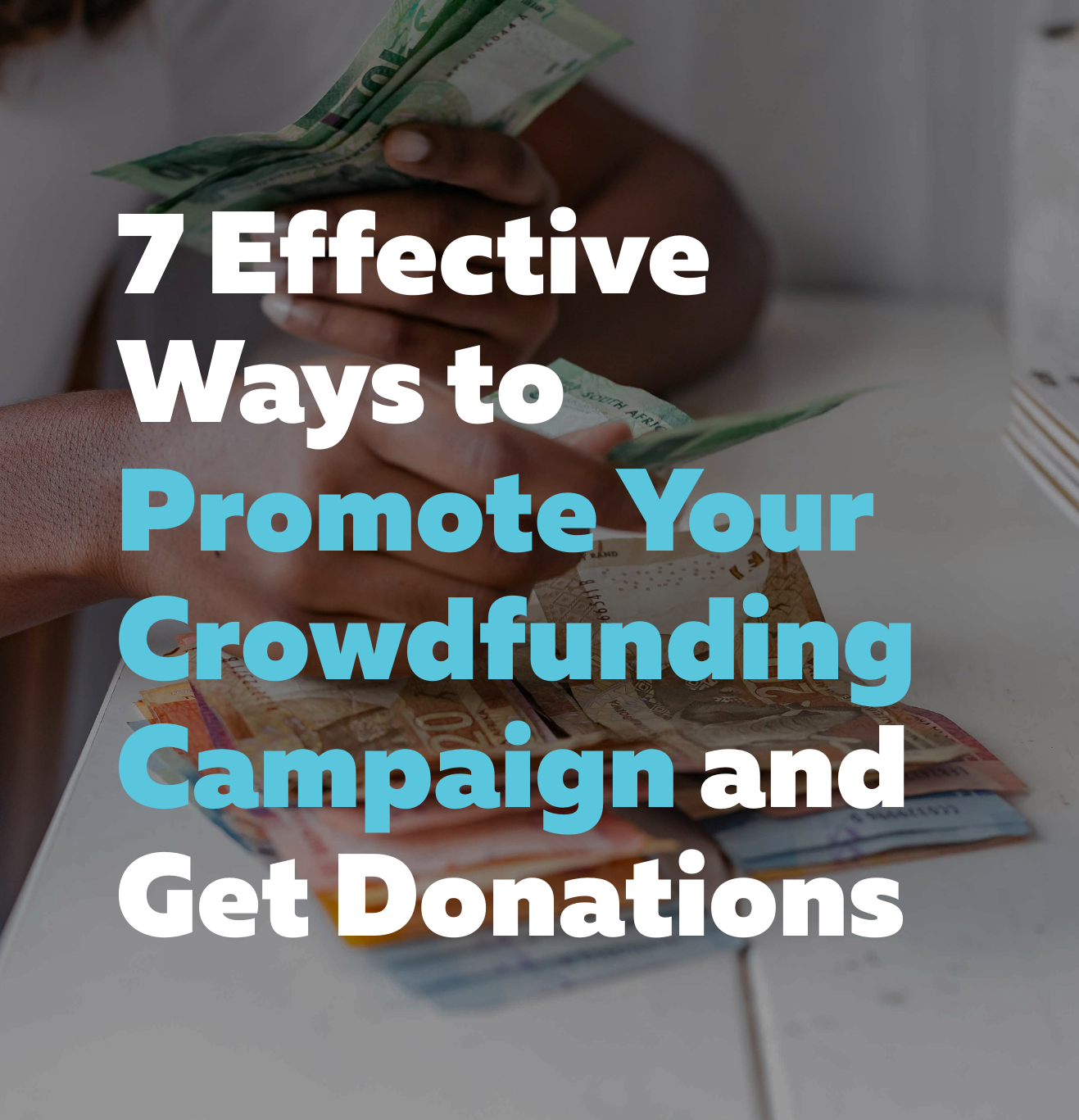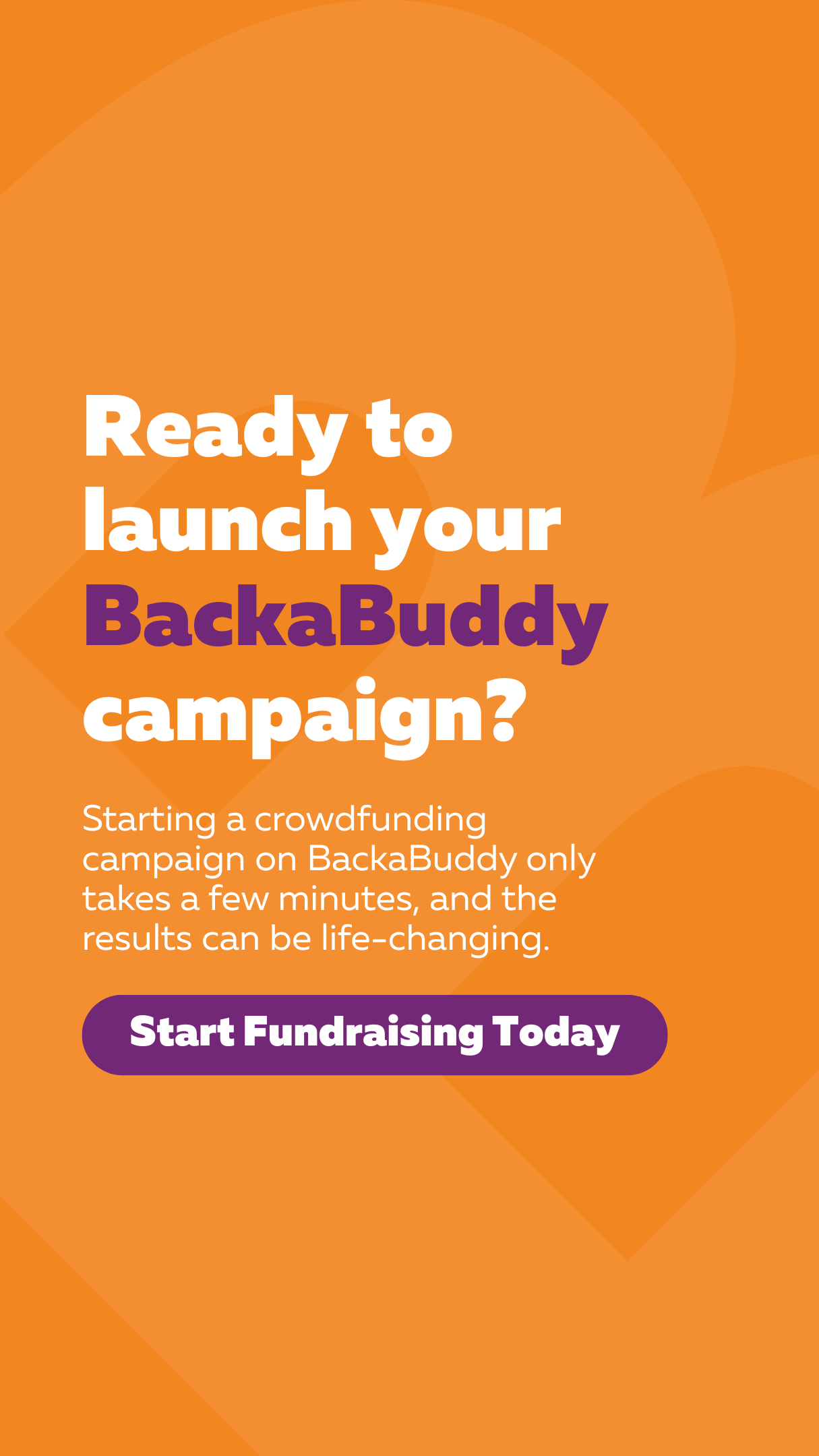In South Africa, gender-based violence (GBV) remains a devastating reality, with one in three women experiencing physical or sexual violence in their lifetime and over 40% of children enduring abuse before they reach adulthood. Despite its prevalence, many cases remain unreported, leaving survivors without justice or support.
The 16 Days of Activism Against Gender-Based Violence, observed globally from 25 November to 10 December, is a crucial time to raise awareness, provide support, and foster meaningful change.
Here’s how you can better understand, engage, and take actionable steps to address violence against women and children.
Understanding Gender-Based Violence
Gender-Based Violence (GBV) refers to harm directed at individuals based on their gender. This includes physical, emotional, sexual, and economic abuse, often rooted in power imbalances and cultural norms that perpetuate inequality.
This year’s theme, UNITE! Activism to End Violence Against Women and Girls, highlights the collective responsibility to create safer and more equitable communities.
Understanding Myths About Abuse: Why We Must Avoid Victim-Blaming
Victim-blaming silences survivors and perpetuates harmful stereotypes. Common myths to challenge include:
- “Why didn’t they leave?” Leaving is often dangerous and complicated by fear, finances, or children.
- “They provoked it.” Abuse is the abuser’s choice—no one deserves violence.
- “It only happens in certain communities.” GBV transcends class, race, and geography.
Learn more about dismantling these myths at SaferSpaces.
How to Get Help
Hotlines for Support
If you or someone you know needs immediate assistance, these hotlines offer confidential, 24/7 support:
- Lifeline South Africa: 0861 322 322
- GBV Command Centre: 0800 428 428 or dial 120 7867# from a cellphone.
- Childline South Africa: 0800 055 555
- Tears Foundation: SMS “HELP” to 1347355 for nearby support services.
- South African Police Service (SAPS): 10111 for emergencies.
For additional resources, visit Tears Foundation.
Safe Shelters for Those in Need
If someone is in immediate danger, reaching out to a local shelter can be life-saving. Here are trusted organisations offering support:
- POWA (People Opposing Women Abuse): Shelters, counselling, and legal aid.
- Sisters Incorporated (Cape Town): Visit website
- iKhaya le Themba (Durban): Support for vulnerable women and children.
- Bethany House (Johannesburg): Visit website
- MOSAIC: GBV prevention and intervention services (Visit website).
Practical Tips for Community Action
Recognizing Signs of Abuse
Look out for these signs among friends or neighbours:
- Unexplained injuries: Bruises, burns, or fractures with unclear explanations.
- Behavioural changes: Withdrawal from activities or excessive fear.
- Isolation: Being prevented from seeing loved ones.
If you notice these signs:
- Start a conversation: Ask gently if they need help.
- Offer resources: Share hotline numbers or connect them to local organisations.
Setting Up Community Support Networks
Follow these steps to create a supportive neighbourhood network:
- Gather neighbours: Organize a meeting to discuss GBV.
- Partner with experts: Collaborate with NGOs for training.
- Establish safe zones: Create designated homes or spaces for survivors.
- Spread awareness: Host events, distribute flyers, and share resources.
For guidance, visit SaferSpaces Community Toolkit.
Start a Campaign
Crowdfunding can provide financial relief to survivors of abuse. If you want to make a difference, consider starting a campaign on BackaBuddy. Funds raised can support survivors with legal fees, housing, counselling, and more.
Visit BackaBuddy to start your campaign today.

Digital Advocacy Tools
The digital age provides powerful tools to support survivors and amplify advocacy efforts.
Apps to Support Survivors
- Safe Place: Crisis response and shelter information.
- bSafe: Personal safety app with an SOS button and location sharing.
- Bright Sky SA: Offers GBV resources and a risk assessment tool.
Templates for Social Media Advocacy
Amplify the message by using these templates:
Template 1:
🚨 It’s time to take a stand!
This #16DaysOfActivism, let’s UNITE to end violence against women and children.
💜 Share resources, support survivors, and be part of the change!
Template 2:
💔 1 in 3 women face GBV in their lifetime. Let’s change this. Speak out, donate, or volunteer to support survivors.
For more digital tools, visit End GBV Digital Tools.
Start the Healing Journey
For survivors of abuse, healing is a personal journey that takes time and support. Here are some practical steps to begin:
- Seek Professional Help
Therapists and counsellors trained in trauma can provide a safe space to process emotions and develop coping strategies.
Free Services: Explore resources like LifeLine SA or Sadag. - Build a Support System
Surround yourself with trusted friends, family, or support groups who can provide encouragement and understanding.
Support Groups: Organisations like POWA and TEARS Foundation run survivor support programs. - Focus on Self-Care
- Meditation and Mindfulness: Apps like Calm or Headspace offer guided exercises to manage anxiety.
- Journaling: Writing about your experiences can help process emotions and track progress.
- Reconnect with Hobbies
Rediscover activities that bring joy, whether it’s art, music, gardening, or sports. - Set Boundaries
Learn to prioritize your needs and create boundaries that protect your emotional and physical well-being.
For additional tools and inspiration, visit Healing Resources from End GBV.
How to Get Involved
During 16 Days of Activism, take steps to raise awareness and promote change:
- Attend marches or events in your area.
- Volunteer with GBV-focused organisations.
- Share information on social media.
- Donate to trusted charities supporting survivors.
Charities to Support
Consider donating to or volunteering for these organisations making a significant impact in the fight against GBV:
- Women for Change: Empowering women and advocating for gender equality. Support their BackaBuddy Campaign.
- Tears Foundation: Providing support services to victims of abuse. Support their BackaBuddy campaigns.
- POWA (People Opposing Women Abuse): A grassroots organisation fighting for justice and safety for women. Support their BackaBuddy Campaign.
Together, we can challenge violence, support survivors, and build a safer world for women and children.




